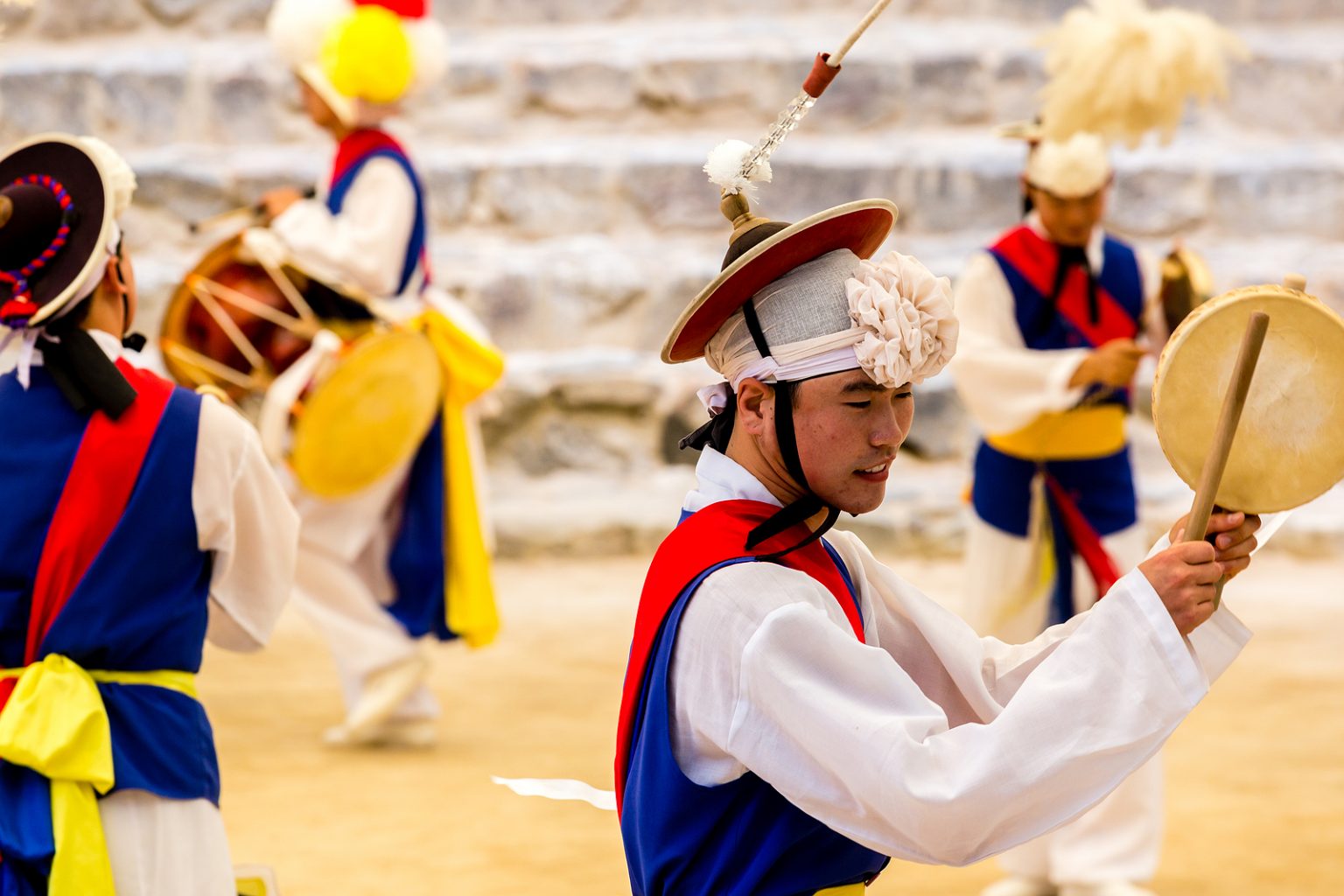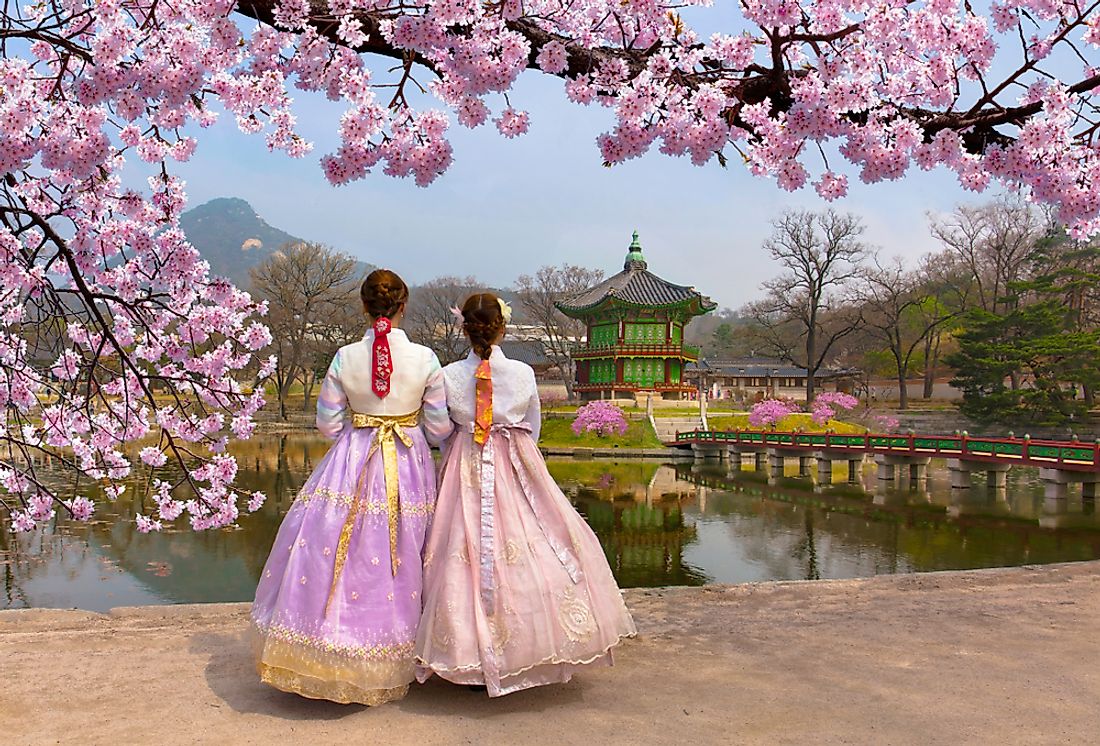Life in South Korea: A Mixed Bag of Traditions and Modernity
South Korea has come a long way in transforming itself from a devastated post-war nation to an economic powerhouse today. However, beneath the shiny surface of modern infrastructure and technology lies a high-pressure society with rigid social hierarchies and cultural norms. As a foreigner living in Seoul for over two years, I witnessed both the achievements and challenges of life in South Korea.
Maintaining Cultural Traditions Despite Modern Advancements
Korean culture places strong emphasis on respecting elders, maintaining hierarchical social structures, and adhering to communal responsibilities. Cultural norms like bowing, honorific speech, and seniority-based hierarchies remain deeply ingrained in daily interactions and the workplace despite Korea’s rapid modernization. As a foreigner, it was challenging to fully understand and navigate these unwritten social rules. Koreans were welcoming at first but expected continuous improvement in cultural competency over time. Failing to adeptly demonstrate proficiency in Korean cultural etiquettes could result in discomfort and loss of social standing.
Modern Korea Upholds Rigid Workplace Hierarchies
South Korea’s competitive work culture stems from its desire for economic stability following the ravages of war. Long work hours and strict hierarchies prioritizing tenure and nationality remain entrenched, with foreigners often facing disadvantages in career progression.
Managers tended to favor Korean colleagues over more qualified foreigners due to ingrained preference for compatriots. Criticizing or competing with Korean peers was socially inadvisable. This bureaucratic and nationalist work culture bred frustration for many expats over time.

Balancing Traditional Values and Individual Well-Being
While nationalistic dedication powered Korea’s postwar reconstruction, it has also taken a toll on individuals and society. Younger Koreans now desire more work-life balance, family time, and personal fulfillment over sacrificing everything for economic success.
Signs of Shifting Social Values and Priorities
Encouraging changes include abolishing mandatory Saturday classes, limiting maximum weekly work hours, and growing social acceptance of flexible work arrangements. Younger professionals increasingly value wellness, hobbies and cultivating diverse interests beyond career alone. However, transformation remains gradual as older generations insist on upholding conventional sacrifices for the nation’s continued development. Strict social hierarchies and nationalistic biases in the workplace also deter many foreigners from long-term residence in Korea.
Observations of a Foreign Expats’ Life in Seoul
After two years in Seoul, I experienced both fascination and disillusionment with life in the Korean capital. Mesmerizing cityscapes, cutting-edge technology and vibrant nightlife offered endless novelty initially.
Surface-Level Charm Wears Off with Time
However, underlying cultural complexities and the high-pressure career environment became draining over the long-term. Social status fixation based on appearance, nationality and economic ranking introduced daily stress. Repetitive nights-out grew tiresome without deeper friendship and fulfillment. Subway efficiency lost novelty against stifling conformity. Koreans’ talent for industriousness and mutual support inspired, yet left little room for individualism or deviation from expectations. Boredom emerged without outlets for inner exploration and community beyond work duties.
Looking Beyond Surface Impressions of Modern Korea
While early images of a pristine futuristic society enthralled, continuous exposure revealed Korea’s dynamic balance between tradition and progress. Behind gleaming cities lies a demanding culture with room for more equitable treatment of foreigners and emphasis on personal well-being over national duty alone.
Korea’s journey from war-torn ruins to economic power holds lessons in determination and unity. With moderating social values, its people’s talents may foster a more globally cosmopolitan and sustainable future. Overall, my experience offered a nuanced view of both modern Korea’s achievements and challenges for continual betterment.
